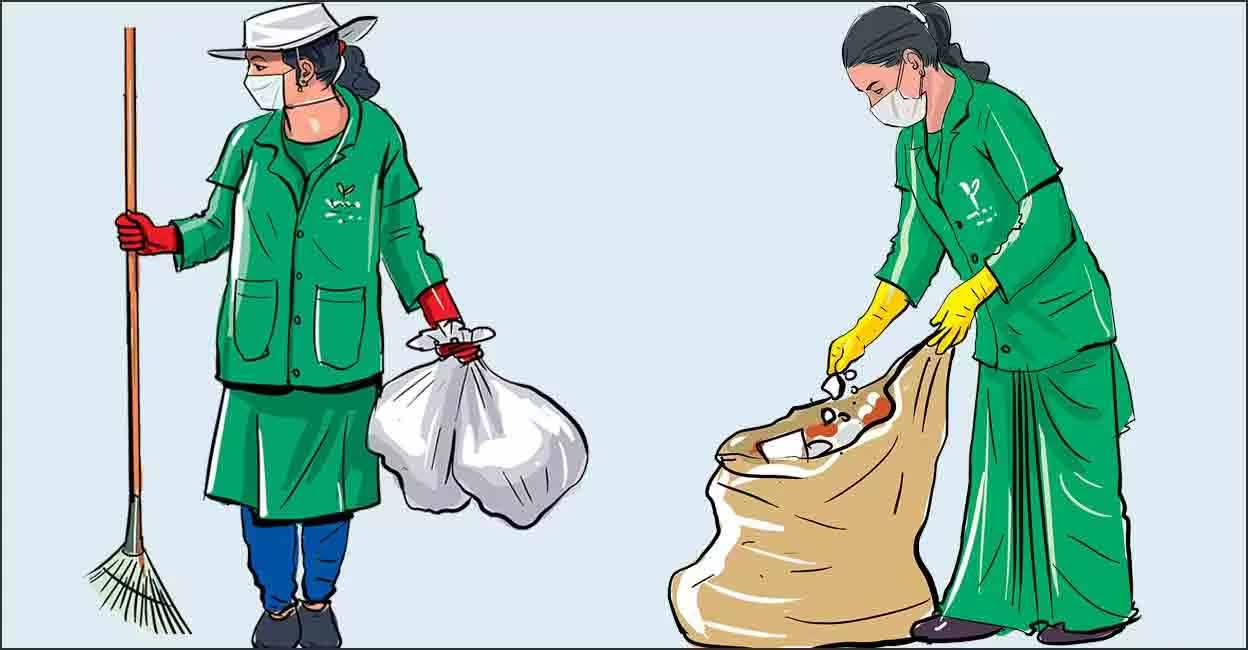Kerala has launched a district-wide initiative to collect electronic waste (e-waste) directly from households through the Haritha Karma Sena (HKS). The initiative by the Local Self-Government department is supported by the Clean Kerala Company, began on July 15.
Under the initiative, HKS members collect discarded electronic items such as tube lights, CFL bulbs, TV sets, mixers, refrigerators, motors, and computers directly from homes for a fixed rate based on weight. The Clean Kerala Company has fixed rates for over 44 categories of non-hazardous e-waste, with materials classified into: Reusable items (e.g., mixers, TVs, refrigerators) and hazardous, non-reusable items (e.g., CFL bulbs, tube lights, batteries).
Hazardous e-waste is bought at ₹55 per kilogram by Clean Kerala Company, which then hands it over to Kerala Enviro Infrastructure Ltd (KEIL) for scientific disposal.
In Palakkad, collection is currently limited to municipal areas such as Palakkad, Ottapalam, Shornur, Pattambi, Chittur, and Cherpulassery. It is yet to begin in Mannarkkad due to Nipah containment protocols. In Pathanamthitta, the campaign will cover all municipalities by August 15 in its first phase. All households and institutions are eligible to participate by handing over their e-waste for payment. To ensure effective collection and safe handling, Haritha Karma Sena members underwent training in sorting, pricing, and handling hazardous materials. Guidelines include segregation protocols, safety standards for transportation, and awareness about eligible items and pricing.
Local Self-Government and Excise Minister M B Rajesh inaugurated the state-level e-waste collection campaign in Amaravila, Thiruvananthapuram, stating that e-waste is not just an environmental threat but a critical public health concern. He said Kerala’s waste management model has earned national recognition, including mention in the Union Government’s Economic Survey, and is now being emulated by other states like Tamil Nadu. In 2024–25 alone, Haritha Karma Sena collected over 66,000 tonnes of waste, preventing serious health risks, Rajesh said.
